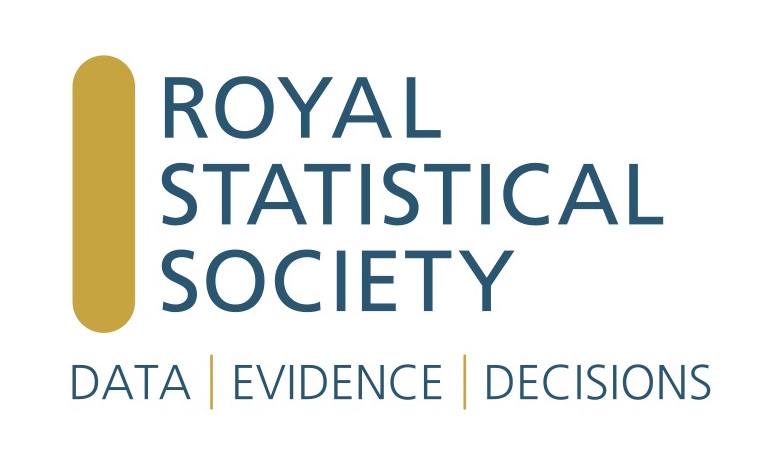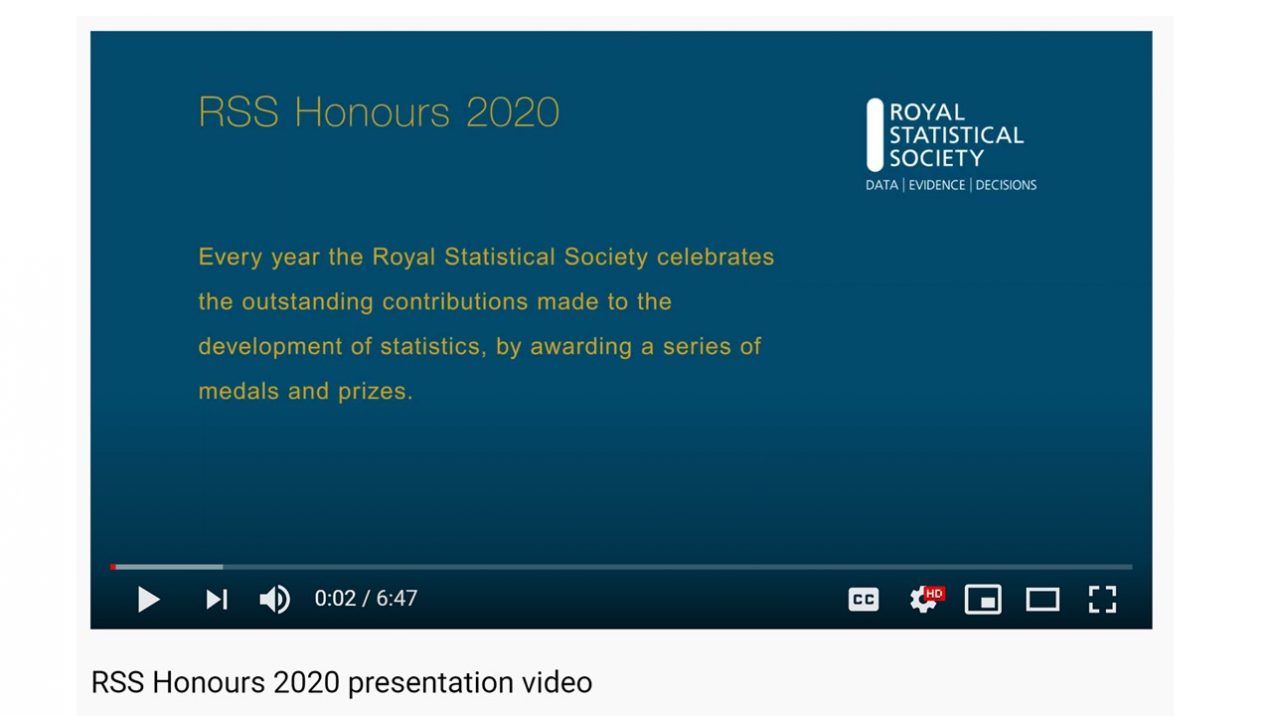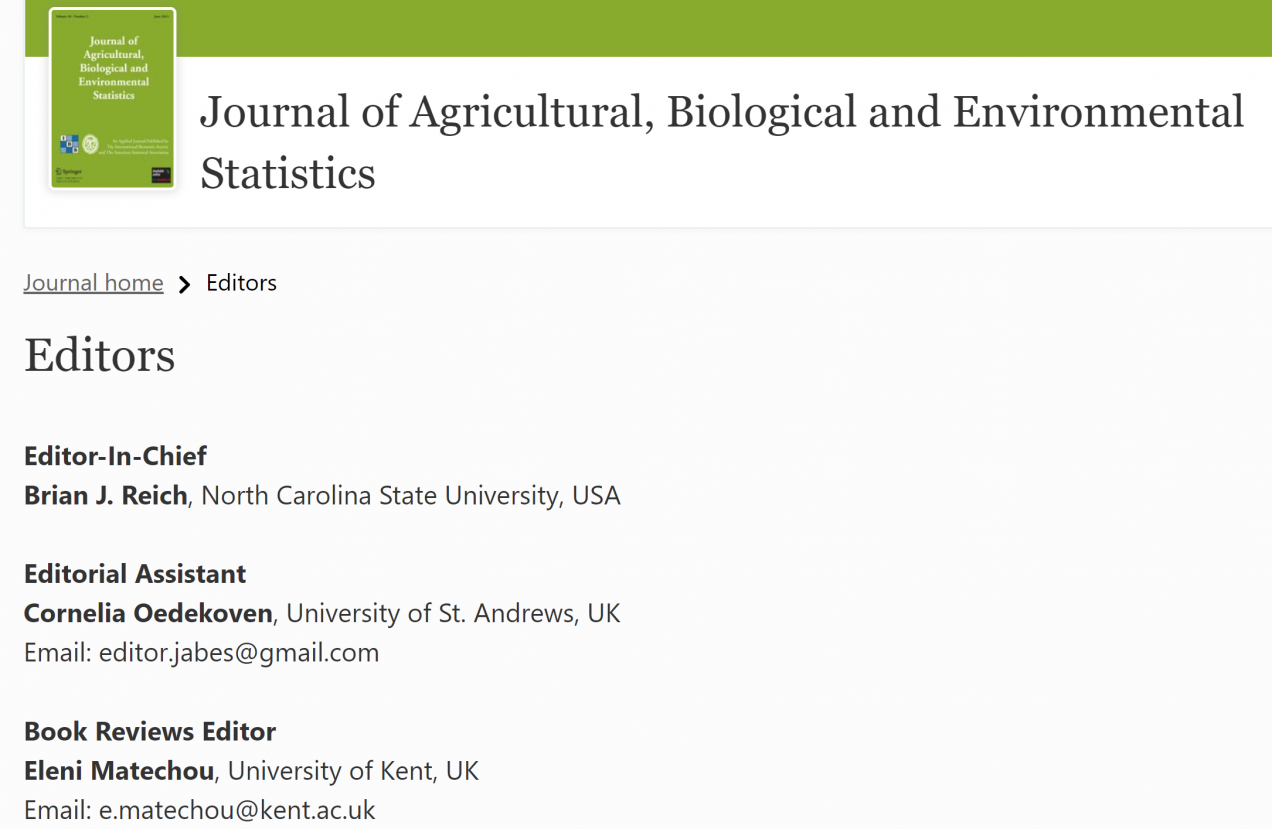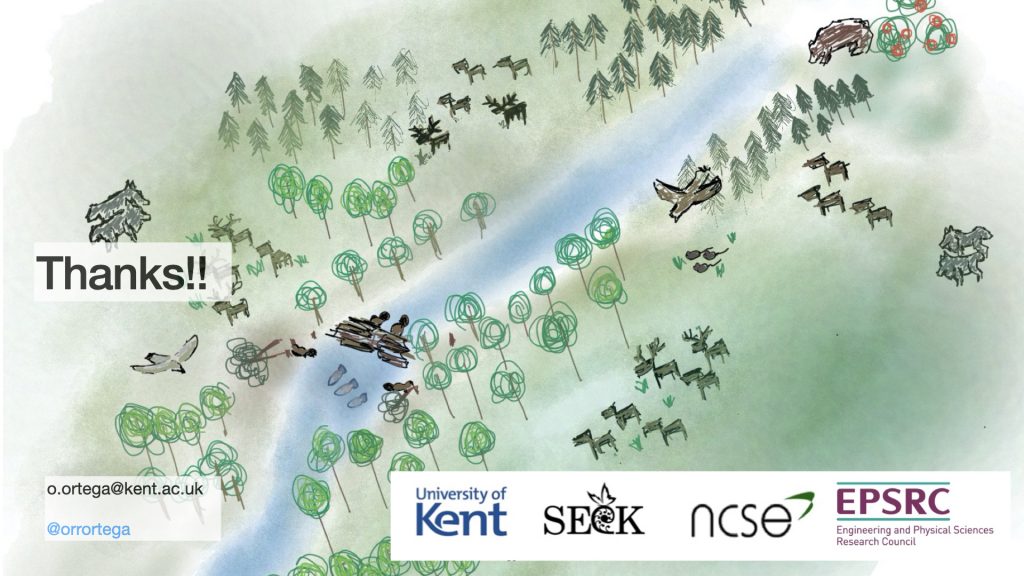Congratulations to Eleni for her new role as Book Reviews Editor for the Journal of Agricultural, Biological and Environmental Statistics.
Monthly Archives: September 2020
Invited talks at the RSS Conference 2020
Oscar and Alex presented their work at the (virtual) RSS conference 2020 during the invited session on “Challenges and advances of spatial modelling in ecology” organised by Rachel.
Oscar’s talk, titled “The Importance of spatio-temporal modelling in Ecology” described the importance spatio-temporal models to understand the relationship between species in a common area. Oscar explains the problem caused due to the wolf eradication in Yellowstone National Park in 1920’s and how the landscape changed from this eradication to the reintroduction in 1990’s.
Alex’s talk, titled “Interaction point processes in spatially explicit capture-recapture models” described his work on a spatial capture-recapture model incorporating interactions within and between individuals of two species. The model relies on the theory of interaction point processes. As inference for these processes cannot be performed using standard techniques due to the intractability of the likelihood, specific MCMC methods have to be used. The model is applied to a capture-recapture data-set of leopards and tigers collected in India.

RSS meeting on eDNA: Challenges and Opportunities now virtual
The meeting, initially planned for May 2020, will now take place virtually on the 16th of October.
The timetable for the day is
9.30-10 Kerry Walsh, Environment Agency: “Challenges and opportunities: A regulator’s perspective.”
10-10.15 discussion/change over
10.15-10.45 Naomi Ewald, FreshWater Habitats Trust: “Analysis of eDNA data to inform conservation priorities: case studies of long term species monitoring and short term before-after surveys.”
10.45-11 discussion/change over
11-11.30 morning break
11.30-12 Francesco Ficetola, University of Milan: “Environmental DNA to track long-term changes of mountain ecosystem.”
12-12.15 discussion/change over
12.15-12.45 lunch break
12.45-13.15 Jim Griffin, University College London: “Modelling environmental DNA data; Bayesian variable selection accounting for false positive and false negative errors.”
13.15-13.30 discussion/change over
13.30-14 Doug Yu, University of East Anglia: “Managing wildlife with eDNA data: salmon, leeches, insects, and forests.”
14-14.30 discussion/close
Participants can register on the RSS website.

Rachel and Byron receive their RSS awards
Congratulations once again to Rachel, for receiving the bronze award, and Byron, for receiving the Barnett award. The virtual RSS 2020 conference has released a video honouring the recipients of its awards for this year


